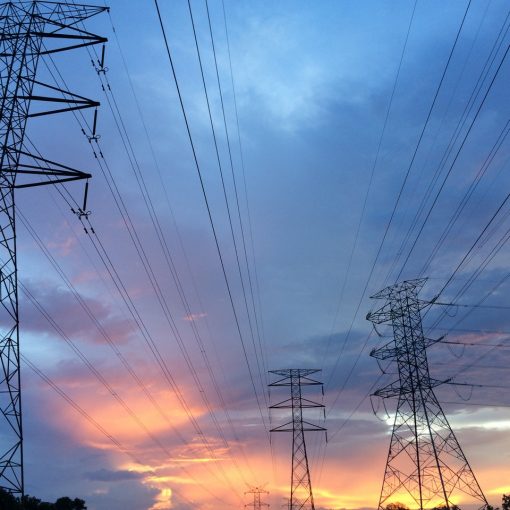Relevant Exam Boards: A-Level (Edexcel, OCR, AQA, Eduqas, WJEC), IB, IAL, CIE
Edexcel Economics Notes Directory | AQA Economics Notes Directory | IB Economics Notes Directory
Macroeconomic Objectives Definitions:
- Economic growth is defined as an increase in real GDP over time; whereas GDP refers to the total value of goods/services produced in an economy.
- Unemployment occurs when those that are willing and able to work is unable to find work in the economy.
- Inflation is defined as the increase in general price level of the economy over time.
- A balanced government budget is when total government spending is equal to the amount of government taxation for that year.
- The current account is a component within the balance of payments, consisting of the net international trade in goods/services, net investment income and net transfer payments.
Macroeconomic Objectives Explanation:
There are a few main economic objectives that nearly every government pursues. One macroeconomic objective is Economic growth, which aims to increase how much we produce as an economy and how much we earn. For example, if all of our labour combined can produce a giant pumpkin pie each year, the government will hope to increase the size, quantity or quality of the pie we make, so our production becomes more valuable – how wonderful! As a result, all of us should be able to earn higher incomes after selling the more valuable pie and dividing the amount of money we earned among ourselves.
Another economic objective is to ensure unemployment is low. When unemployment is low, it means more people are in work and earning an income, thus leading to better standards of living. During extraordinary times of Covid, unemployment is very high. There is a hesitation for many companies (e.g. restaurants, hotels) to keep staff employed as they are uncertain of their future profits. As a result, this will cause a spike in unemployment which the government would hope to keep low.
Usually when the economy is growing, there would be a rise in prices for goods and services in the economy. This is because our incomes and purchasing power rises and there is more demand for goods in the economy, hence making them more expensive. Did you know the price of a Big Mac increased more than 3 times throughout the past 30 years? Governments hope to keep inflation low so our cost of living do not spiral out of control, and to ensure businesses can confidently predict what prices/profits they should have.
Macroeconomic Objectives Notes:
Want a closer look? Download Macroeconomic Objectives notes.
Of course, the government would also want to keep their finances in order as an economic objective. This usually means balancing government spending with the amount they earn via taxes in the long run. As UK national debt reaches over £2 trillion, it is important to be able to manage that debt sustainably so that businesses and investors do not lose confidence in the UK economy, and the government’s ability to pay that back. Otherwise, economic growth may be affected negatively.
Finally, the government may also aim to ensure a stable current account, so that the total value of our imports/exports do not affect our economy adversely. The current account is mainly a measure to indicate how much we import and export as a country in monetary terms. If we import too much goods/services, there will be an outflow of incomes from our economy to other countries, which can cause the economy to contract; vice versa. However, it is important to know that a current account deficit (total value of imports > total value of exports) is not always problematic given there are other factors which determine the health of an economy.
Macroeconomic Objectives Video Explanation – featuring EconPlusDal 
The left video by EconPlusDal explains macroeconomic objectives succinctly, whereas the right video is our full length lesson on Macroeconomic Objectives.
Macroeconomic Objectives Multiple Choice Questions
Want a closer look? Download Macroeconomic Objectives multiple-choice questions.
Macroeconomic Objectives in the News
Related A-Level, IB Economics Resources

Full Employment as the Most Important Objective
![]()
Macroeconomic Goals and Conflicts
Measuring Economic Performance
Follow us on Facebook, TES and SlideShare for resource updates.




